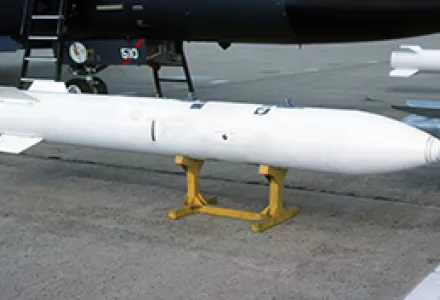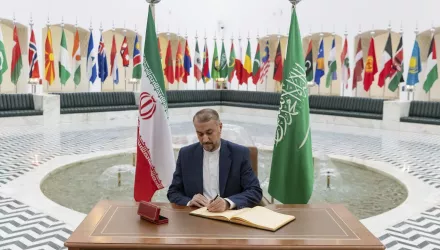In this Project on Managing the Atom Seminar, special guest Joe Pilat, of Los Alamos National Laboratory, will discuss the scientific, technological, and political challenges of verifying disarmament.
The interest in, and demands for, nuclear disarmament are growing among governments and nongovernmental organizations (NGOs) around the world, and have found expression in both the Prague Agenda and in the Humanitarian Impacts of Nuclear Weapons (HINW) movement. If progress toward a nuclear-weapon-free world is to be achievable, verification and compliance will be critical. Verifying disarmament would have unprecedented scientific, technological and political challenges. Verification would have to address warheads, components, materials, testing, facilities, delivery capabilities, virtual capabilities from existing or shut-down nuclear weapon and existing nuclear energy programs and material and weapon production and related capabilities. Moreover, it would likely have far more stringent requirements. The verification of dismantlement or elimination of nuclear warheads and components is widely recognized as the most pressing problem. There has been considerable research and development done in the United States and elsewhere on warhead and dismantlement transparency and verification since the early 1990s. However, we do not today know how to verify low numbers or zero. We need to develop the needed verification tools and systems approaches that would allow us to meet this complex set of challenges. There is a real opportunity to explore verification options, and there is considerable scope to invest resources at the national and international levels to undertake research, development and demonstrations in an effort to address the anticipated and perhaps unanticipated verification challenges of disarmament now and for the next decades. Cooperative approaches, including the US International Partnership for Nuclear Disarmament Verification announced earlier this year, have the greatest possibility for success.
Joseph F. Pilat is a Program Manager in the National Security Office of the Los Alamos National Laboratory and a Global Fellow at the Woodrow Wilson International Center for Scholars where he co-directs the Nonproliferation Forum. He served as Representative of the Secretary of Defense to the Fourth Review Conference of the Nuclear Non-Proliferation Treaty (NPT), and as senior adviser to the US Delegation at the 1995 NPT Review and Extension Conference. Dr. Pilat also served as representative of the Secretary of Defense to the Open Skies negotiations. He has held positions in the Pentagon and the Congressional Research Service, and has taught at Cornell University, Georgetown University and the College of William and Mary. He is the co-editor of theRoutledge Handbook of Nuclear Proliferation and Policy(2015).



